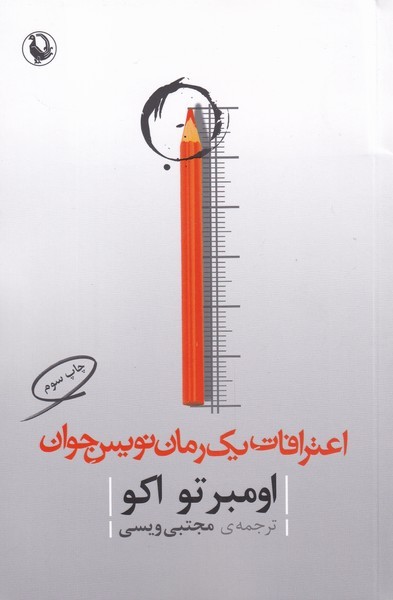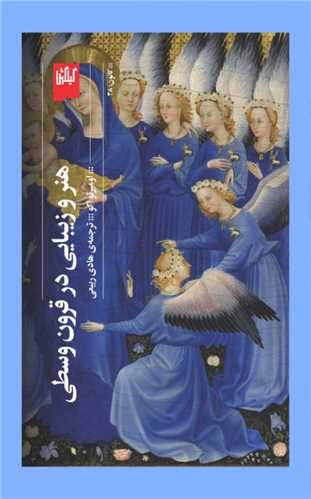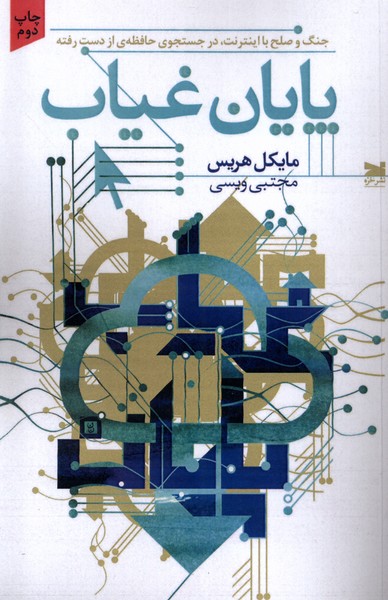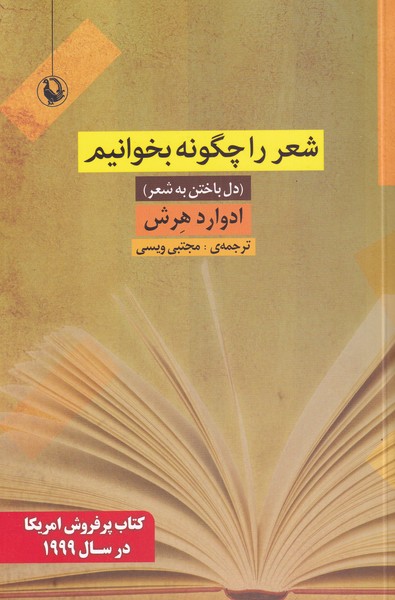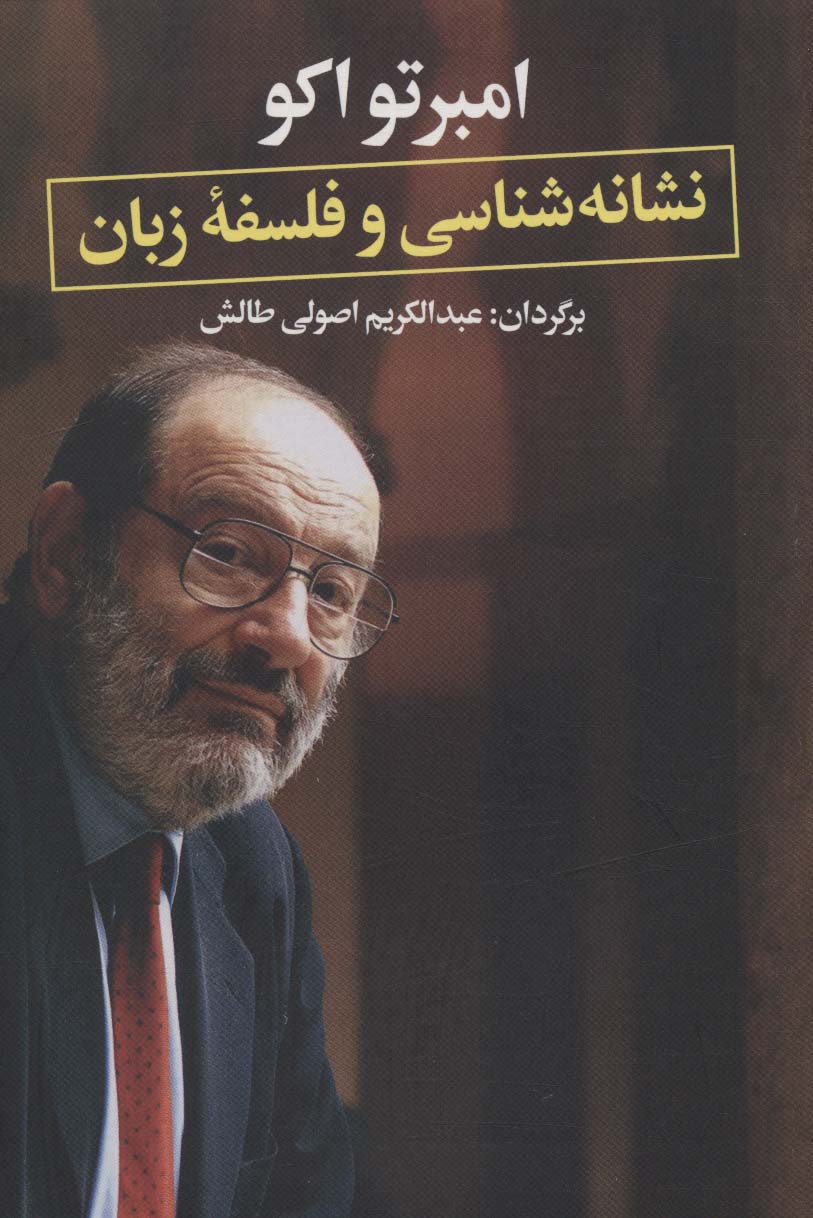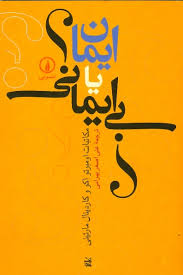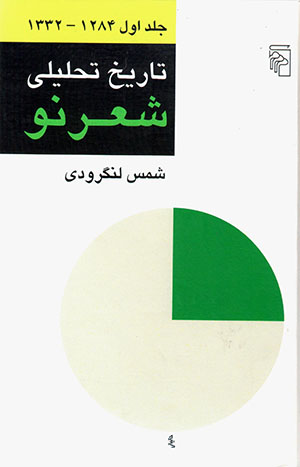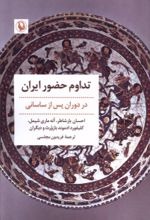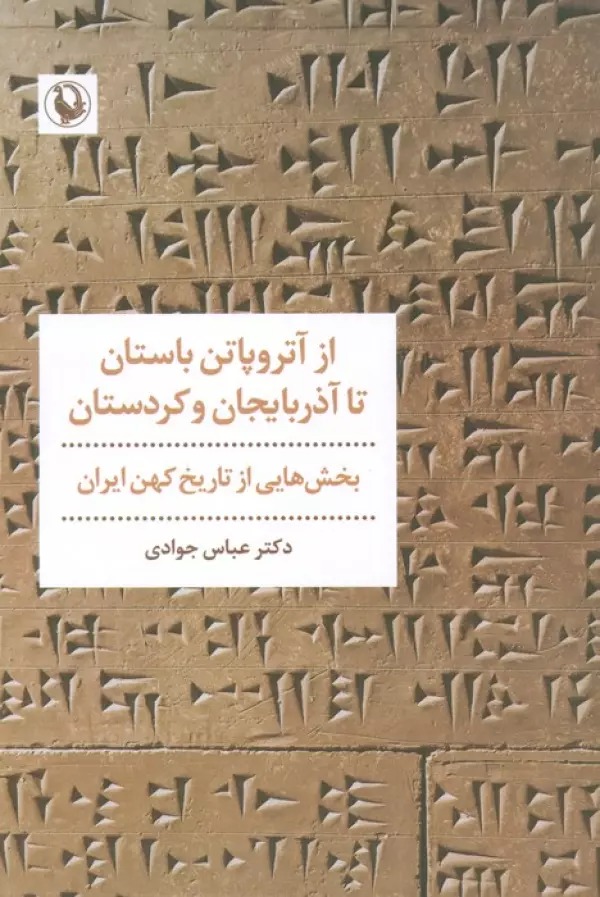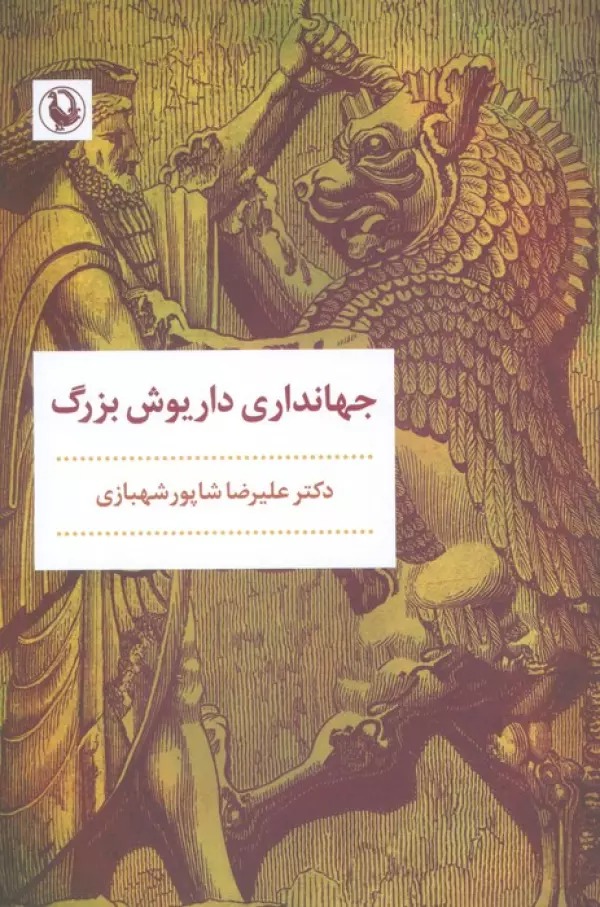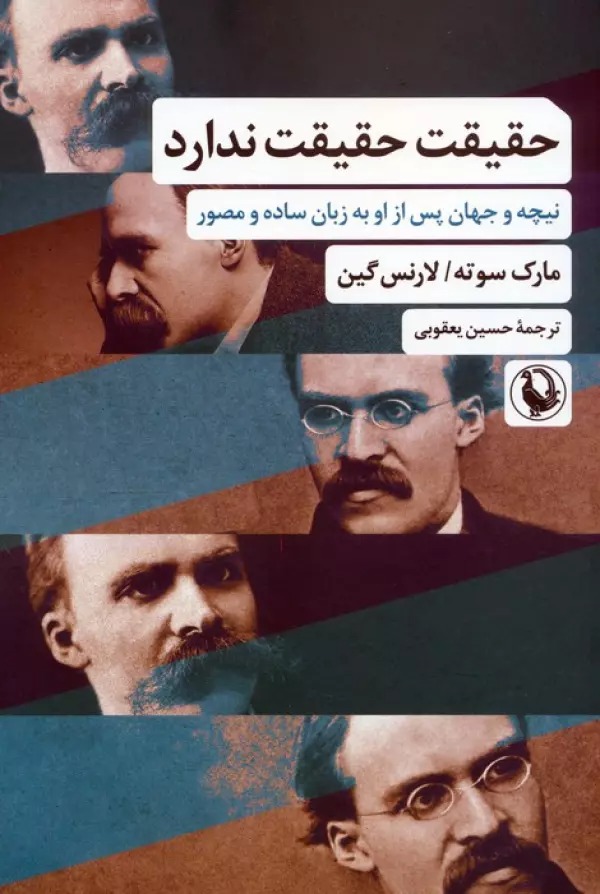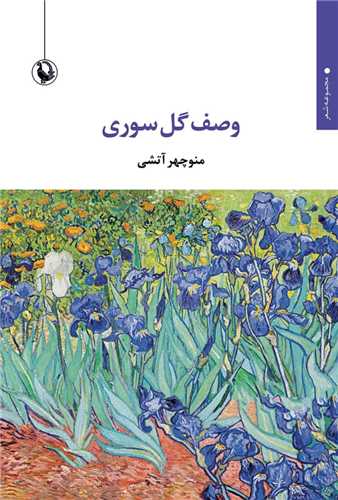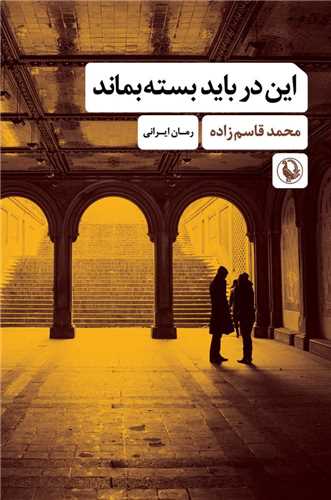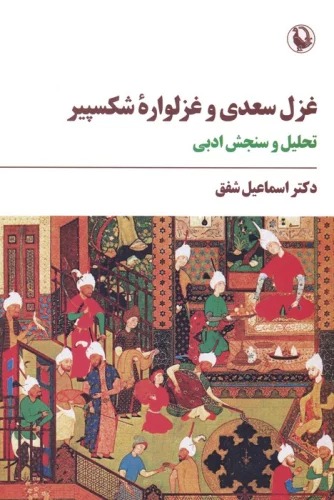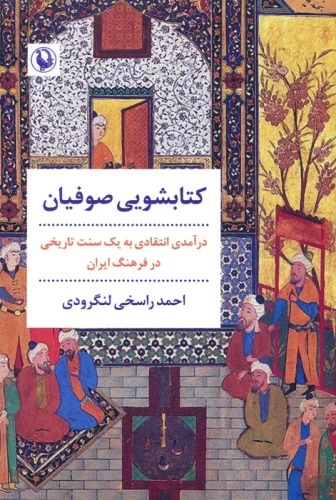اعترافات یک رمان نویس جوان فارسی 1401
I'tirāfāt-i Yik Rumān'nivīs-i Javān
21٫21 $
اشتراکگذاری
Wishlist
شابک:
9789641911715
مترجم:
Mujtabá Vaysī
ناشر:
Murvarid
گروه سنی:
بزرگسال
صفحات:
208
وزن:
152 g
ابعاد:
14 x 21 x 1٫9 cm
جلد کتاب:
شومیز
Umberto Eco published his first novel, The Name of the Rose, in 1980, when he was nearly fifty. In these "confessions," the author, now in his late seventies, looks back on his long career as a theorist and his recent work as a novelist and explores their fruitful conjunction.
He begins by exploring the boundary between fiction and nonfiction--playfully, seriously, and brilliantly roaming this frontier. Good nonfiction, he believes, is crafted like a whodunnit, and a skilled novelist builds precisely detailed worlds through observation and research. Taking us on a tour of his creative method, Eco recalls how he designed his fictional realms. He began with specific images, made choices of period, location, and voice, and composed stories tappealed toboth sophisticated and popular readers. The blending of the real and the fictive extends to the inhabitants of such invented worlds. Why are we moved to tears by a character's plight? In what sense do Anna Karenina, Gregor Samsa, and Leopold Bloom "exist"?
At once a medievalist, philosopher, and scholar of modern literature, Eco astonishes above all when he considers the pleasures of enumeration. He shows that the humble list, the potentially endless series, enables us to glimpse the infinite and approach the ineffable. This "young novelist" is a master who has wise things to impart about the art of fiction and the power of words.
more
«اعترافات یک رمان نویس جوان» تحشیه ای است بر متن رمان نویسی اکو. این تحشیه اما، در مواردی از خود متن فراتر می رود و تصویری همزمان از اکوی رمان نویس و نظریه پرداز را به ما می نمایاند: بنیان های فکری، الگوهای نوشتاری و دلبستگی های او را در مقابل ما می گستراند. او انگار در این کتاب، خود نویسنده اش را زیر میکروسکوپ خود محقق اش گذاشته است و به بررسی آن پرداخته است؛ هرچند این دو خود را شاید نتوان به این سادگی از هم تفکیک کرد. به هرحال، اکو در این کتاب اگر بخواهم به شیوه ی خود او «فهرست» کنم از مولف الگو و مولف تجربی می گوید، از شخصیت های داستانی، از نحوه ی تأثیرپذیری ما از چنین شخصیت هایی، از تأویل کنندگان، از سازوکار داستان، از پدیده ای به نام «فهرست کردن» و از بسیاری موارد دیگر. لابه لای گفته هایش نیز متوجه رندی های خاص او می شویم.
more

